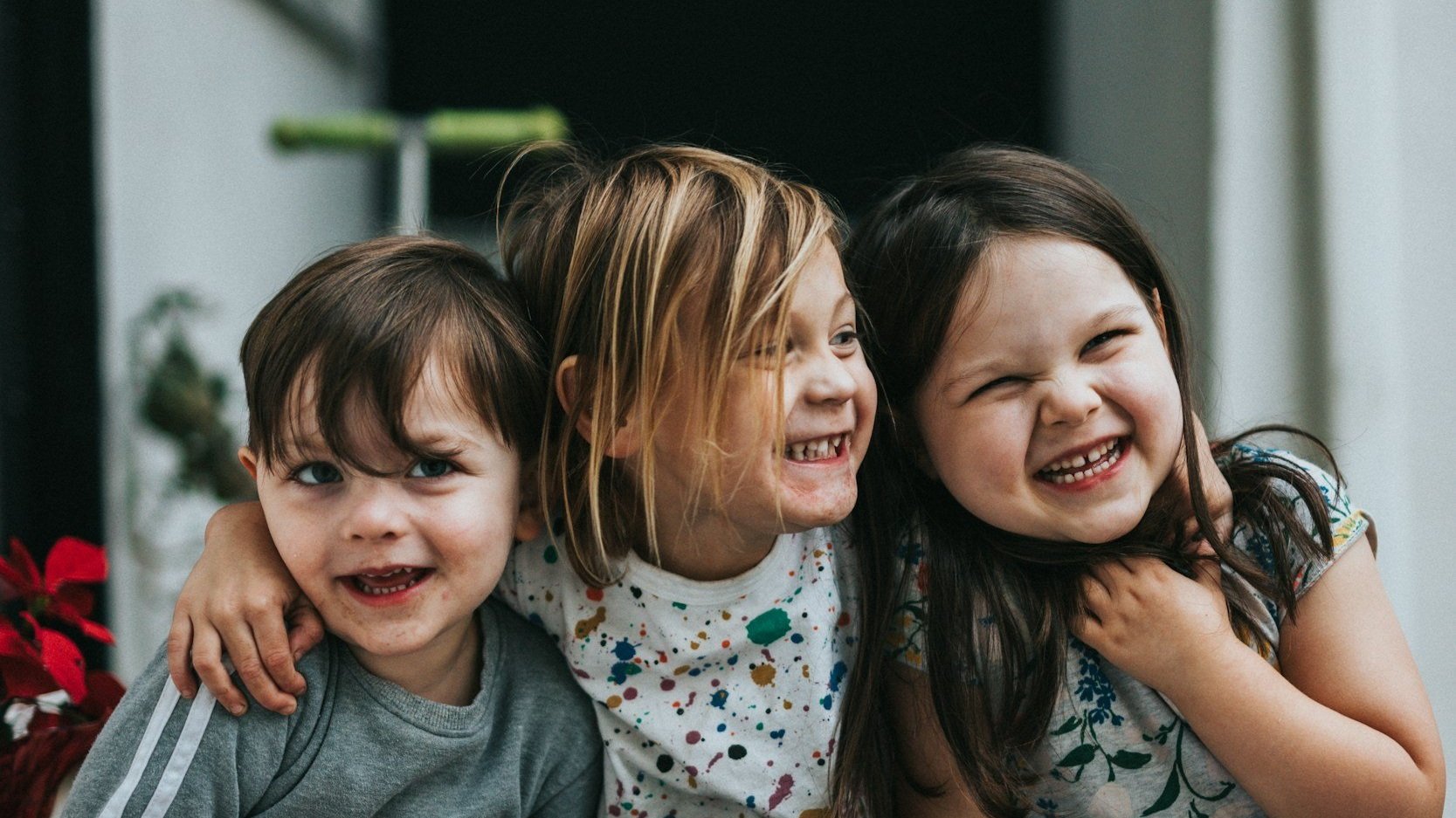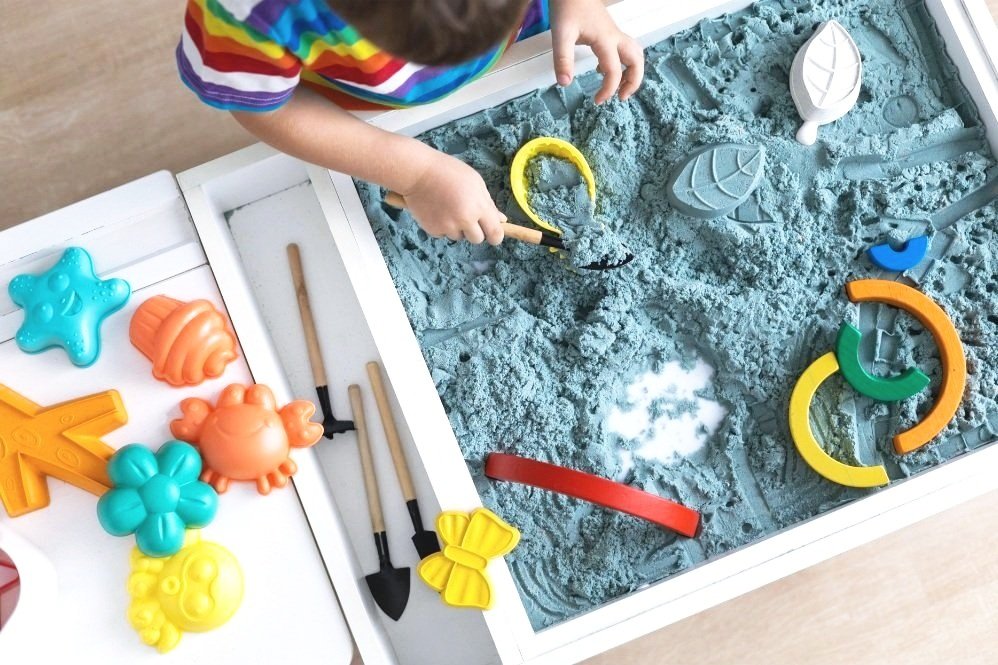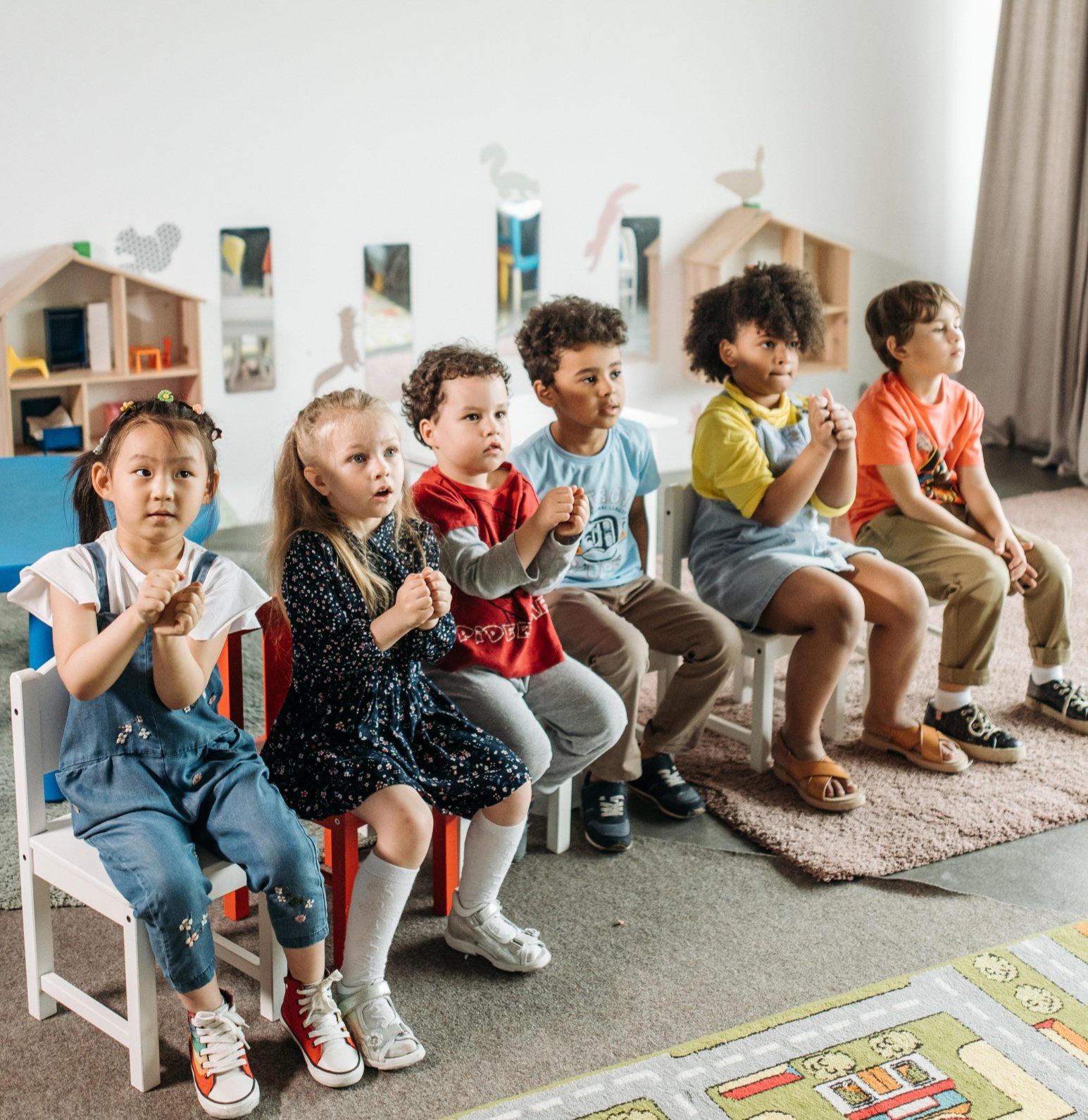
Pediatric Mental Health Blog
© 2025 COPYRIGHT NOTICE: All original resources, content, and materials produced and displayed on this website are the intellectual property of Child Therapy Guide. These resources are protected by copyright laws and are intended for personal, non-commercial use. Unauthorized reproduction, distribution, or any other unauthorized use of the content without explicit permission from Child Therapy Guide is strictly prohibited. Users are encouraged to enjoy and utilize the resources responsibly, respecting the copyright and intellectual property rights associated with the content. For any inquiries or requests regarding the use of our materials, please contact us through our contact form.

10 Hands-On Therapeutic Activities for Kids
From a therapeutic perspective, interventions that utilize hand-on learning techniques can lead to increased interest, motivation, engagement, and progress! Here we have collected 10 of our favorite hands-on therapeutic activities to help kids develop emotional literacy, build self-esteem, practice coping skills, manage behavior, and recognize values.

Sensory Processing Disorders
Children with sensory issues may struggle with textures, loud noises, crowds, food preferences, etc. These sensitivities are often seen in children with neurodevelopmental disorders such as autism spectrum disorder (ASD) or attention deficit hyperactivity disorder (ADHD), but they can also appear in otherwise typically developing children. Understanding and supporting a child’s unique sensory needs can help them feel more comfortable and engaged in their environment. Read on for more information and free printable resources.

Parenting Styles: Explained
Parenting styles are often categorized into four main types based on the work of psychologist Diana Baumrind: authoritative, authoritarian, permissive, and disengaged. These styles reflect different approaches to parenting and have varying impacts on a child's development. Read on to learn about the different styles and print our free Parenting Styles Infographic.

Quiet Coping Skills
Quiet Coping Skills are subtle but effective ways to privately regulate emotions without attracting scrutiny from others. These techniques aim to interrupt overwhelming feelings by focusing on specific physical tasks and simple mantras.

Childhood Perfectionism
A perfectionist aims for the ideal version of a pursuit and has disproportionate feelings of disappointment if they fail to reach their goal. Perfectionism can have many roots, but it is generally tied to a person’s perception of their self-worth.

How to Raise a Resilient Kid
Resilience is a dynamic skill set that empowers kids to adapt, learn, and thrive through life’s journey. By nurturing a growth mindset, parents, educators, clinicians, and caregivers can support self-efficacy, problem-solving skills, and optimism in kids so that they can grow and persevere through setbacks.

Calm-Down Breathing Techniques for Kids
In times of dysregulation, our breath can center us. Intentional breathing is a holistic life skill that promotes mental, emotional, and physical well-being. Read more to learn about different breathing techniques that are great for kids and adults!

Acupressure Tapping for Kids
Emotional Freedom Technique (EFT) tapping is a gentle, evidence-based method that combines acupressure with positive affirmations to alleviate stress, anxiety, and emotional challenges. Read more about how it works, what it does, and how to do it!

Attention-Deficit/Hyperactivity Disorder (ADHD)
Explore our simple breakdown of ADHD. By creating an atmosphere that embraces diversity and accommodates different learning styles, we empower children with ADHD to thrive!

6 Types of Child Therapy
Understanding what type of therapy is best for your child can be overwhelming. This comprehensible post breaks down 6 common modalities used by child therapists: play therapy, family therapy, dialectical behavioral therapy (DBT), acceptance and commitment therapy (ACT), parent-child interaction therapy (PCIT), and cognitive behavioral therapy (CBT). Once you understand what might be the best fit for you child, you can search for an appropriate licensed child therapist near you!

Child Therapy FAQ
Find answers to common questions about child therapy like: What is a child therapist? How do I find a pediatric psychotherapist near me? How do I afford therapy for my child? Would my child benefit from therapy? Will my child be labeled with a diagnosis? How do I support therapeutic progress?
Empower parents and caregivers to make informed decisions about their child's mental health care.
